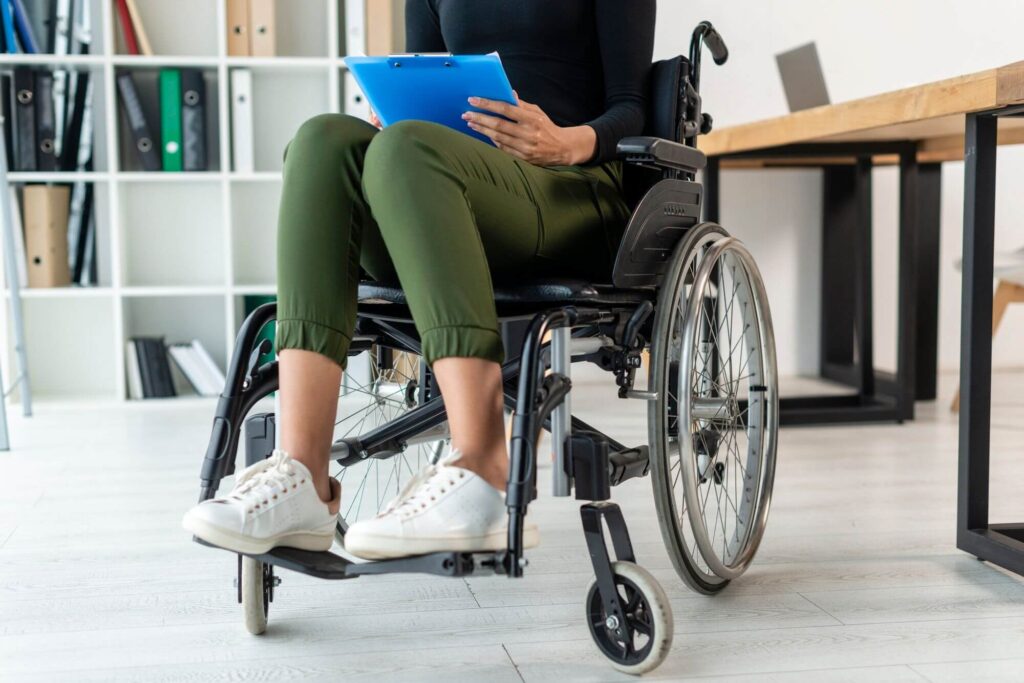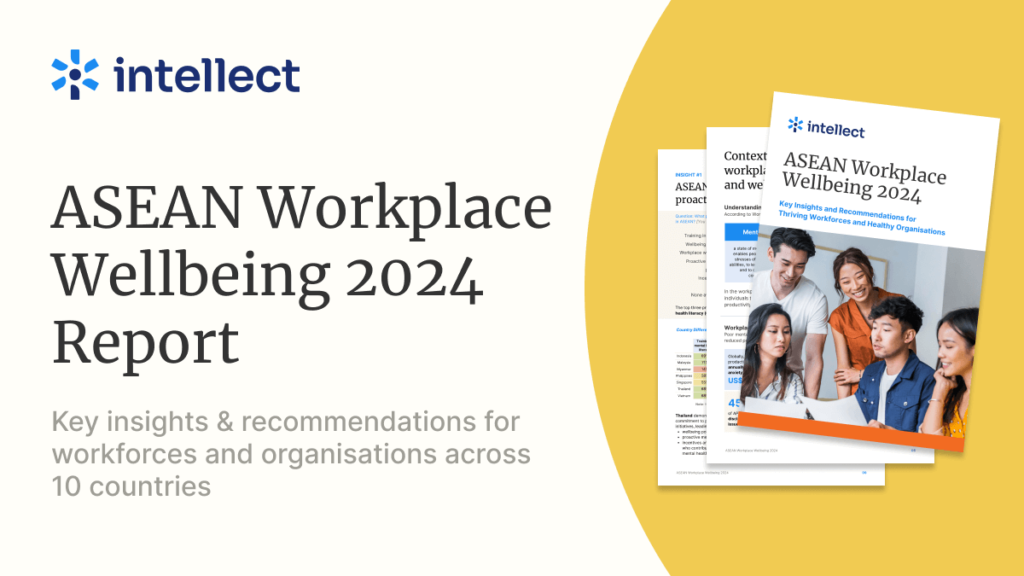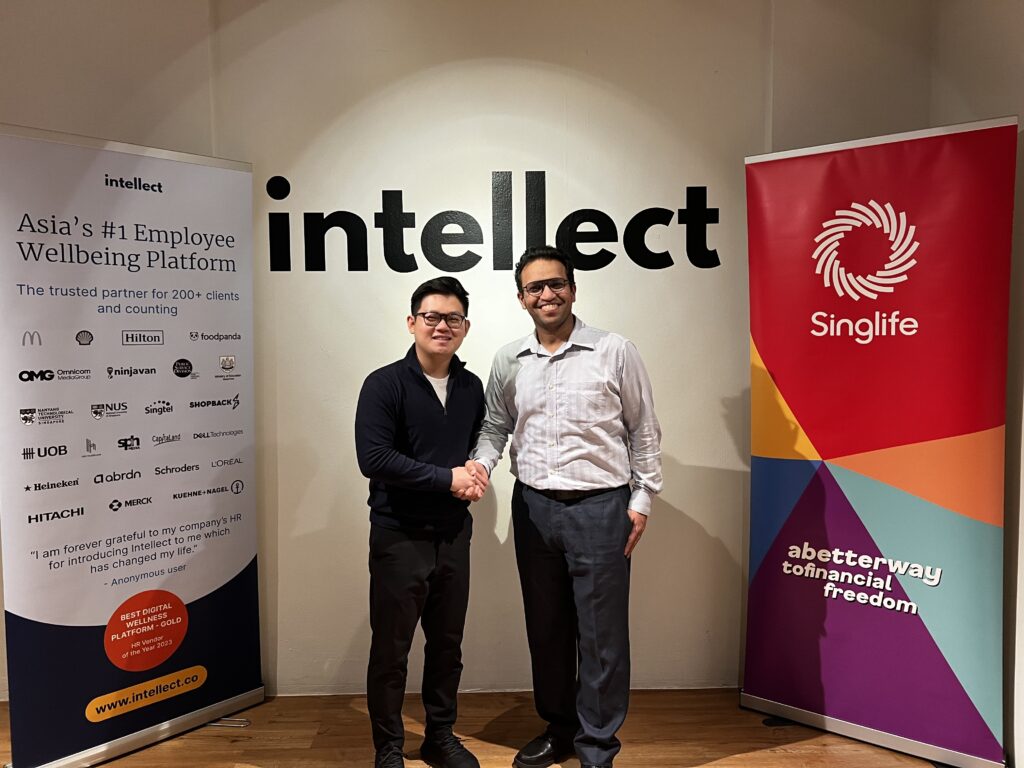1 in 4 employees worldwide are experiencing symptoms of burnout, and that figure rises to nearly 1 in 3 in Asia. While there is increased awareness of mental health and wellbeing in the workplace post-COVID, access to mental healthcare is uncommon and often costly in Asia.
As a psychotherapist and Diversity, Equity & Inclusion (DEI) practitioner at Avery Dennison, I explore the intersectionality of mental health and wellbeing with DEI strategies in the workplace, and propose why we need to look at DEI, mental health, and wellbeing holistically.
Stressors affect everyone, but underrepresented groups more
When I engage with people who are experiencing anxiety, worry, low mood, and low energy, I realise that the risk of mental health affects everybody. These triggers could include caregiving for elderly parents and/or young children, coping with physical illness, and going through relationship problems such as divorce, on top of work-related stress such as a heavy workload and poor work culture.
This tends to impact underrepresented groups such as women, older workers, people with disabilities, and the LGBTQ+ community more. Due to cultural expectations, stigma, and the lack of support networks, they are susceptible to microaggressions and at higher risk of reporting poorer mental health.

To grasp the nuanced experiences of individuals, understanding intersectionality – or how different forms of inequality create unique combinations of discrimination or privilege – is key. Consequently, organisations need to view mental health interventions through the lens of DEI. Rather than adopting a one-size-fits-all solution, they need to tailor these interventions to meet the distinctive needs of all employees, including those of underrepresented groups.
Employee wellbeing through the lens of DEI
1. Address stigma by building communities
The mental health stigma in many Asian cultures often prevents open discussions. Poor work conditions, such as long working hours or a culture of blame, also translate to poor mental health. To allow employees to feel safe about asking for support, an organisation’s DEI and Wellbeing leads need to work with key stakeholders to create an inclusive culture.
For example, the communications team can use storytelling to dispel myths about mental health and create an environment for authentic expression. Affinity groups and Employee Resource Groups (ERGs) can also bring like-minded volunteers together, promoting wellbeing and fostering a sense of belonging.
How Avery Dennison does it
In Avery Dennison, we have mental health ERGs across regions. In APAC, our mental health ERG introduced “R U OK? Day”, encouraging employees to share about their wellbeing with a buddy of their choice. Apart from this key program, we also feature “Stories of Resilience” on our intranet, giving employees a platform to share and own their lived experiences of grief, infertility, and cancer, to name a few.

2. Empower leaders to be role models
Leaders set the tone for any initiative in the workplace, and employee wellbeing is no exception. When leaders are able to empathise, create a safe space, and accommodate the diverse needs of their teams, employees feel valued. As a result, they are more likely to look after themselves and seek support without fear of judgement or discrimination.
How Avery Dennison does it
In Avery Dennison, we believe that leaders need to create a safe space to encourage employees to speak up. This is why one of our key DEI initiatives is offering psychological safety training to supervisors and managers in APAC. Since this implementation, the inclusion score for employees in manufacturing has increased by more than 50%.
3. Improve equity in mental healthcare
According to the Aon’s DEI report in 2022, only 25% of APAC companies offer mental health benefits. That makes us the lowest among regions, considering the global average of 43%. Furthermore, a reliance on state systems in Europe means employees in APAC often lack access to mental healthcare.
This state of affairs is exacerbated by the prevailing stigma, hindering employees from seeking help. This impacts both employee wellbeing and productivity, costing employers heavily. Clearly, employers across Asia have an opportunity to better support employees by providing resources.
How Avery Dennison does it
In Avery Dennison APAC, our Employee Assistance Programs cater to employees across the wellbeing spectrum. For example, we provide access to mental health professionals via a digital platform called Intellect. Based on our employees’ profiles and preferences, Intellect curates wellness topics and recommends the right coach, counsellor, and therapist. Users of these services remain anonymous to the company, allaying their fears of being “stigmatised.”

4. Engage underrepresented communities directly
One of Avery Dennison’s goals is to “make a positive social impact by enhancing the livelihoods of our people and communities.” As I begin to see how DEI and mental health are closely linked, I am also exploring how our community programs take intersectionality into account.
How Avery Dennison does it
The Avery Dennison Foundation funds Oogachaga, a Singapore non-profit organisation that offers counselling services to LGBTQ+ youths. We also support athletes with disabilities in leadership development, ensuring that they have access to opportunities for personal growth and professional advancement.
It takes a village
Employees are placing more importance in mental wellness and work life balance in the fast-paced work environments of Asia. To attract and retain employees, companies need to look at mental health benefits and policies from a DEI lens, and tailor to all needs including underrepresented minorities and their intersections.
When wellbeing specialists, DEI practitioners, business leaders, ERGs, communications, and human resources work together, organisations create a supportive ecosystem that empowers individuals to prioritise their wellbeing.





